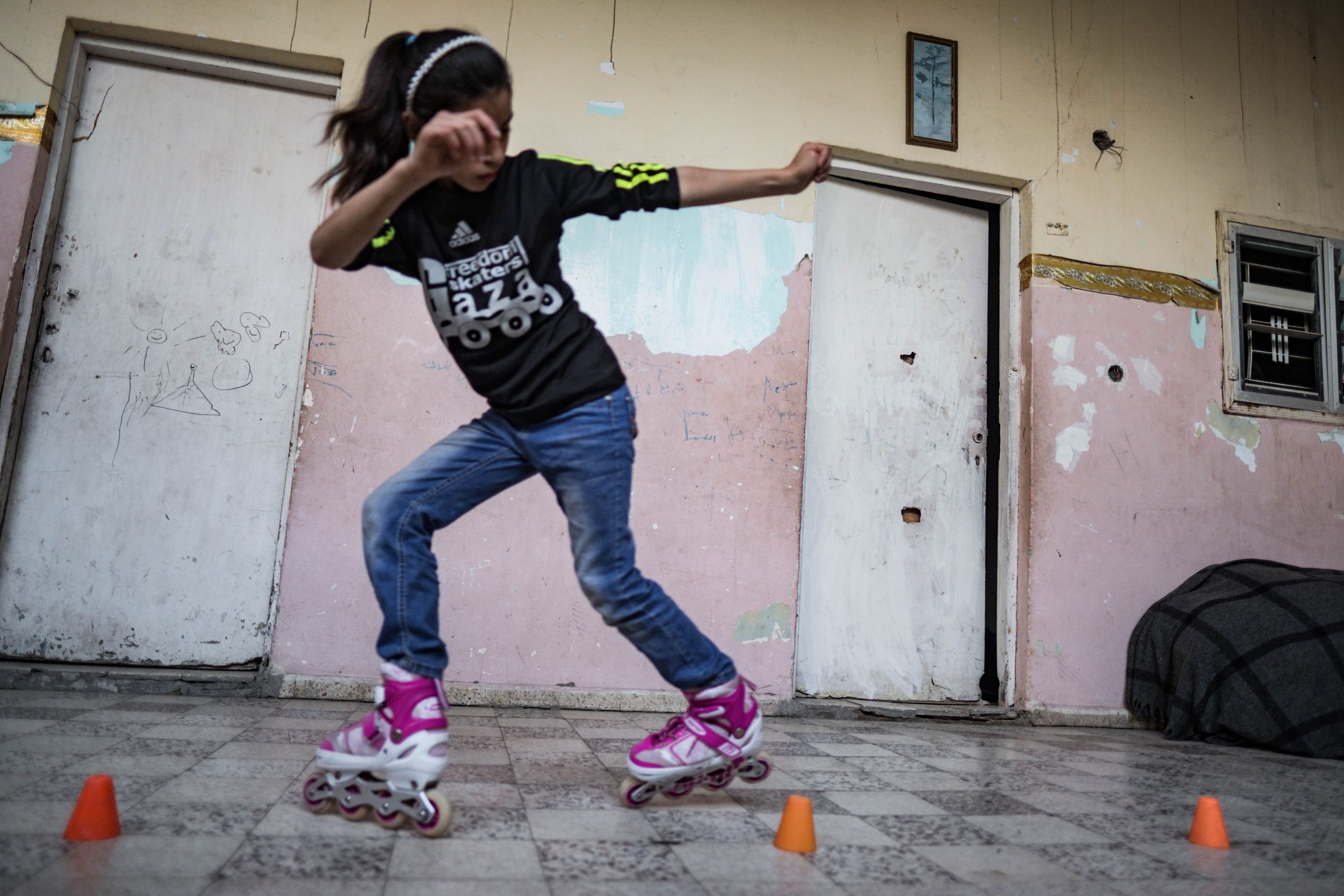
Compelled to document this pivotal moment, Gazan photographer Fatima Shbair turns her lens on the inhabitants of her hometown – the fishermen, the bakers and the athletes training at home – as they adapt to the new, sudden changes.

Approximately 2 million Palestinians live in Gaza, a tiny strip of land that has been under Israeli siege for more than a decade. With the arrival of coronavirus in March, Gaza’s already overstretched health system prepares for the worst.
During the holy month of Ramadan, the streets are filled with the smell of qatayef – one of the many sweet treats served during the Muslim fasting month – and there’s an atmosphere of celebration and renewal. But this year things are noticeably different.
ArrayArrayArrayFatima, can you introduce yourself and tell us what you do?
I’m a journalism student, born in 1997 in Gaza City, Palestine. I’m interested in documenting people’s stories, cultures and social issues and I’m now working as a freelance photojournalist.





Many people around the world are experiencing travel restrictions for the very first time. Whereas in Gaza, lockdown is not a new experience. What’s been the most challenging aspect of the Covid lockdown for you so far?
Life in Gaza before the epidemic is a bit like a quarantine, but in a big place. What has changed is the increased pressure on us, due to spending most of the time at home and the problem of power outages that limit our achievement in this period – in regards to learning and working – and the inability to accomplish these things in other places because of the closures. The effect of this on ourselves is that we’ve become disorganised, thinking only when will it end.
ArrayArrayArrayArrayTell us about your current series. Why did you decide to document this time?
As well as documenting daily life during this period, I was thinking about athletes and how the epidemic has forced them to stay home. The idea originated through a friend of mine, who is a karate player, so I started with her story and then completed the stories of other girls.




What keeps me excited about documenting this period is its importance, which is necessary for future generations to understand how an epidemic dominated the world one day, and how it forced all of us to stay home.
As I mentioned before, the lockdown is what most affected me and my work, especially when the power is off, as I can’t find a place outside to do my job because of the lockdown. I have to wait for the power to return for a long time, which of course has affected all aspects of our life.
ArrayArrayArrayArrayLastly, how are people in the community supporting each other in Gaza during this time?
From the beginning of this crisis, many people seek to cooperate with each other to help needy families affected by the epidemic, either from losing their work or by running out of income faster because of the quarantine.
Also, many campaigns have emerged, calling for the importance of adhering to preventive measures and social distance.




